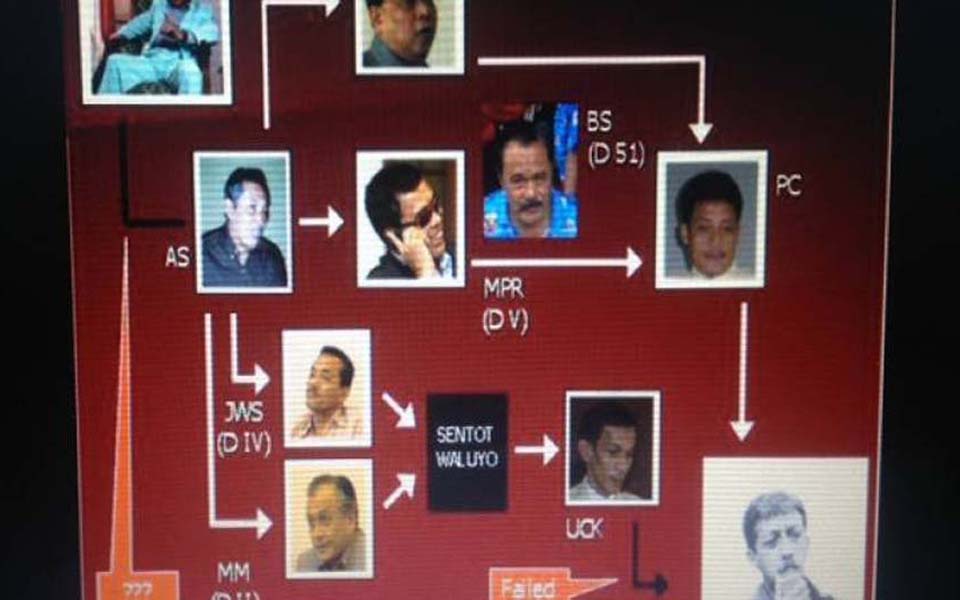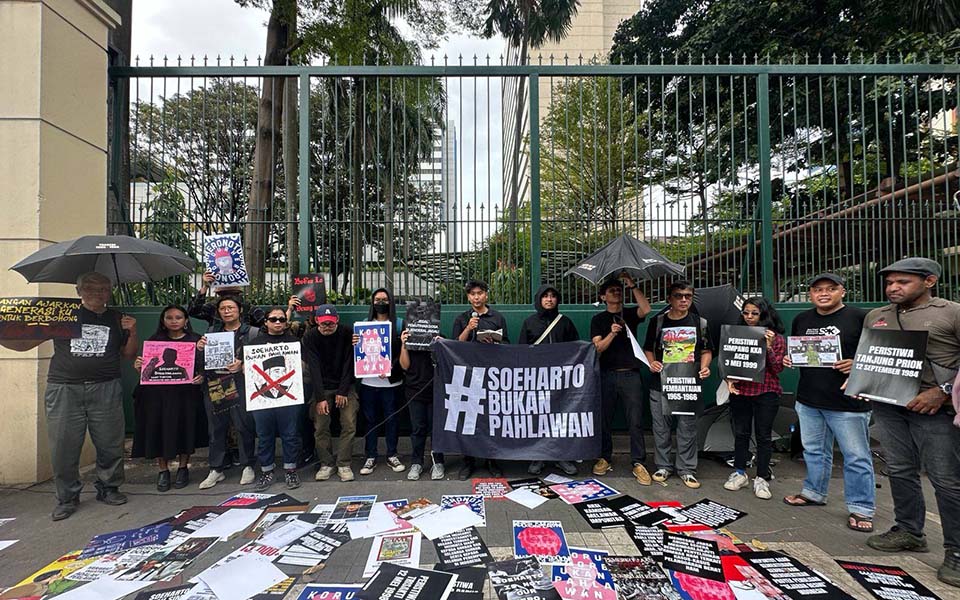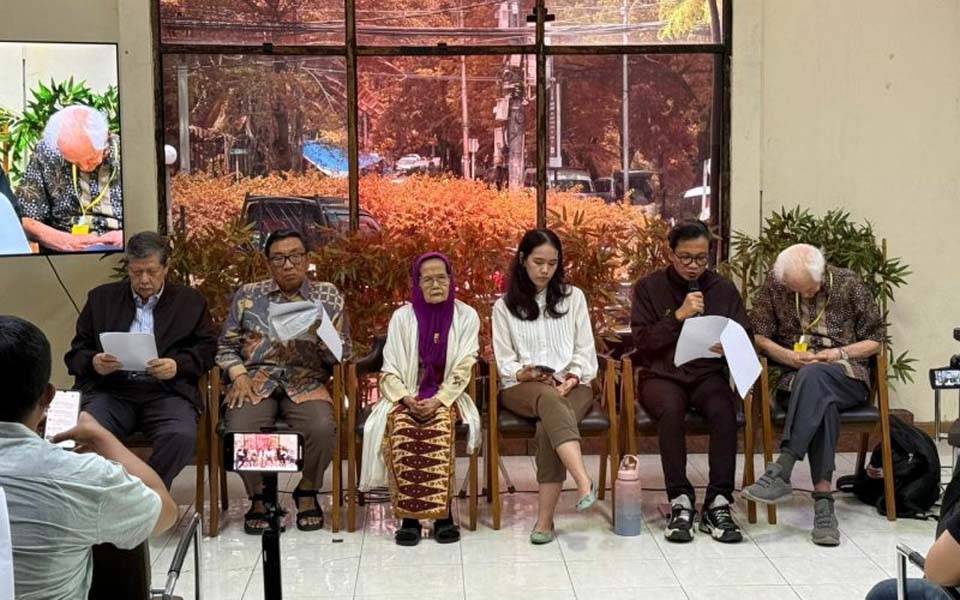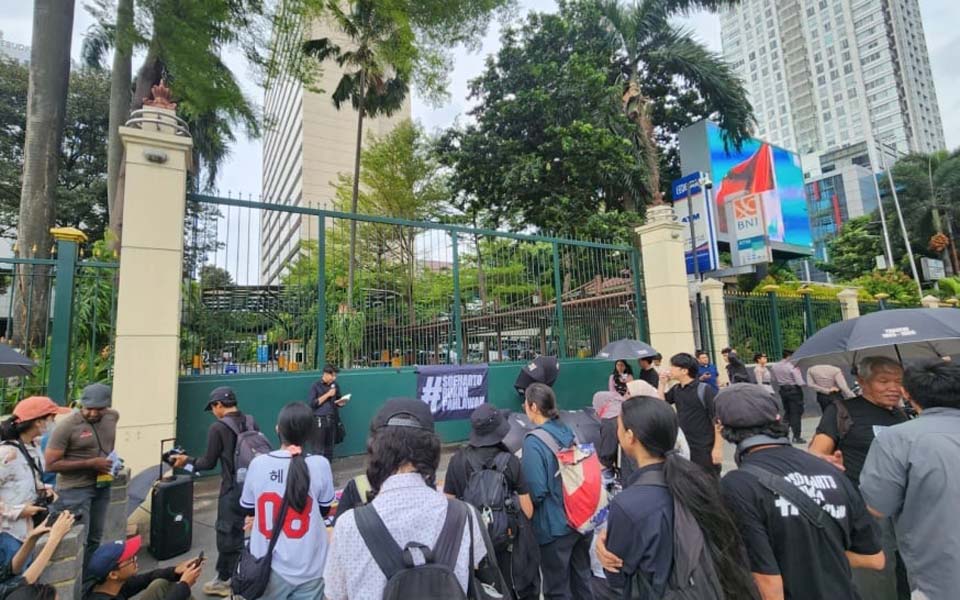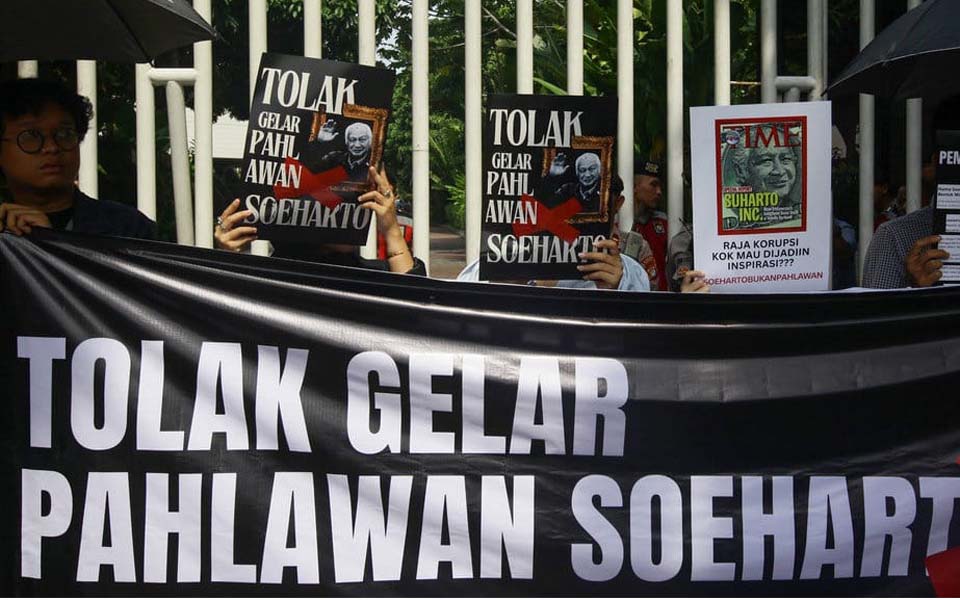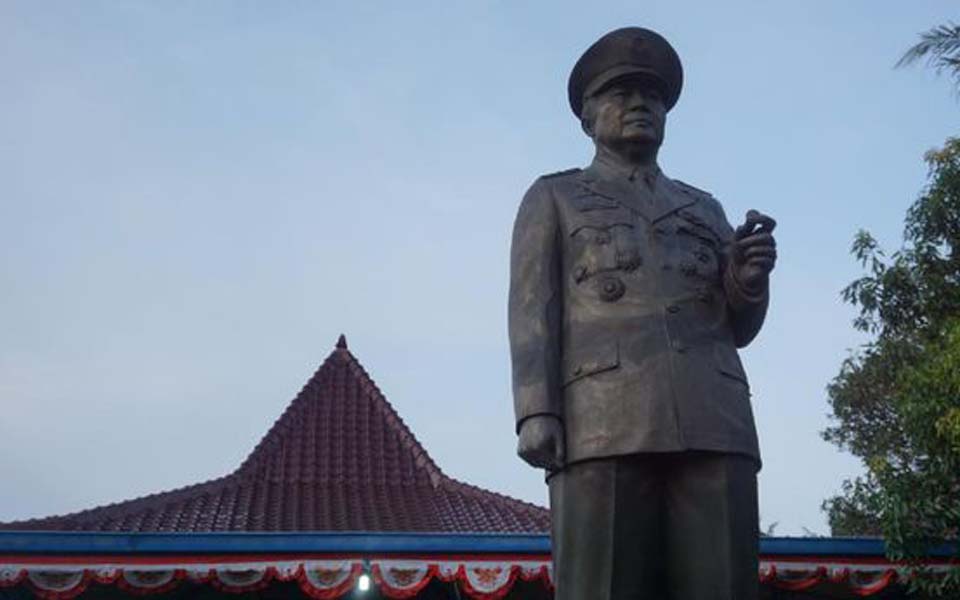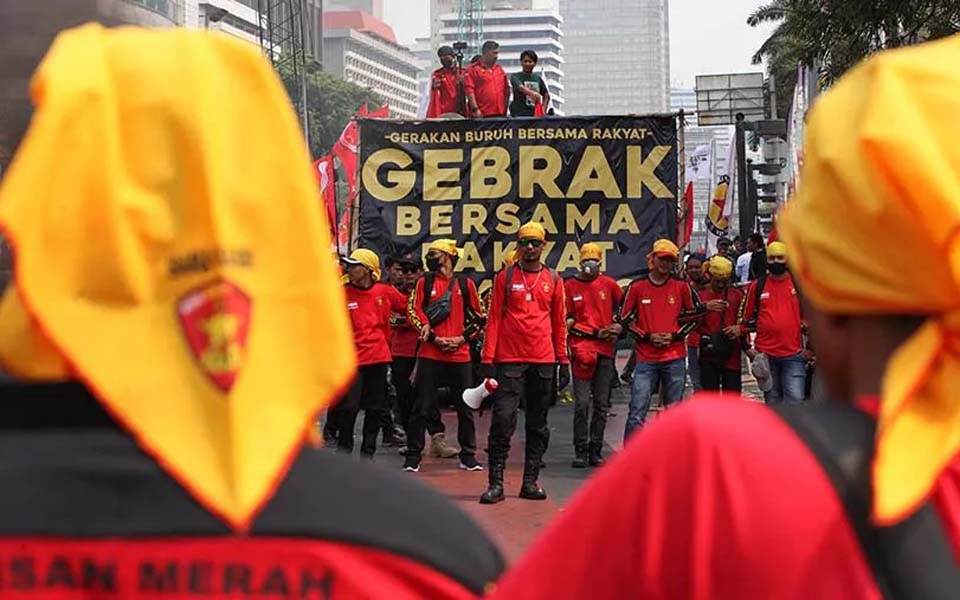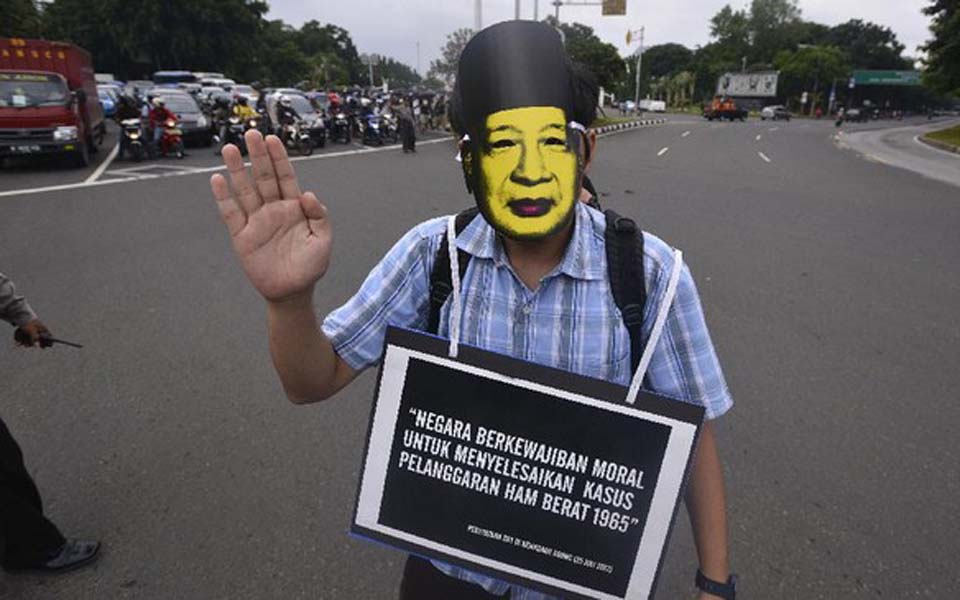Rizal Maslan, Jakarta – In order to discover the truth behind the murder of human rights activist Munir, the National Human Rights Commission (Komnas HAM) has formed a public examination team. The team will analyse the December 31 verdict by the South Jakarta District Court that acquitted former State Intelligence Agency deputy chief Muchdi Purwopranjono of the murder.
“In accordance with the function, duties and authority mandated by Law Number 39/1999 on Human Rights, we have formed a public examination team to review the South Jakarta District Court’s verdict”, said Komnas HAM deputy chairperson M. Ridha Saleh at his office on Jl. Latuharhari in the Menteng area of Central Jakarta on Monday February 16.
According to Saleh, the public examination panel of judges will be comprised of individuals who have a high level of competence in the area of criminal law, human rights law and criminal procedural law. The examination panel will be made up of five people: Soetandyo Wigjosoebroto, Mudzakkir, Frans Hendra Winarta, Fajroel Falaakh and M. Rudi Rizki.
The public examination panel of judges is scheduled to carry out their duties between mid February and April. Komnas HAM will then convey the results to the public and judicial institutions. “It is hoped that the results of the public examination can be used as a partner to the [Supreme] court [appeal] hearing (amicus curiae) in the context of heading towards a credible judicial process”, explained Saleh.
Komnas HAM chairperson Ifdhal Kasim meanwhile conceded that the results of the public examination will be limited to making recommendations and will not influence the judicial process in the Supreme Court, bearing in mind that the Munir case is currently at the appeals stage. Komnas HAM itself has the highest respect for and will safeguard judicial independence.
“So the results will not in fact influence the appeal verdict later on. It is aimed more at providing an opinion from a third party, the aim of which is to provide input for the Supreme Court”, he explained.
Kasim added that the aim of the public examination is based on a desire to discover aspects of material truth. In order to do this, the team will analyse the case starting from the investigation process, the prosecution, the court hearings and the South Jakarta District Court panel of judges’ interpretation of the verdict on the Munir case.
“We will provide all shades of colour from the perspective of human rights, whether or not justice was fulfilled, whether or not the rights of the suspects and victims were fulfilled. So our entire focus can be seen from the perspective of human rights”, he added.
Whether or not the results of the examination will later be used by other judicial institutions or the Supreme Court, continued Saleh, rests entirely with the judiciary itself. “We only want to examine it from the human rights perspectives cited earlier”, he said in conclusion. (zal/ndr)
[Translated by James Balowski.]





